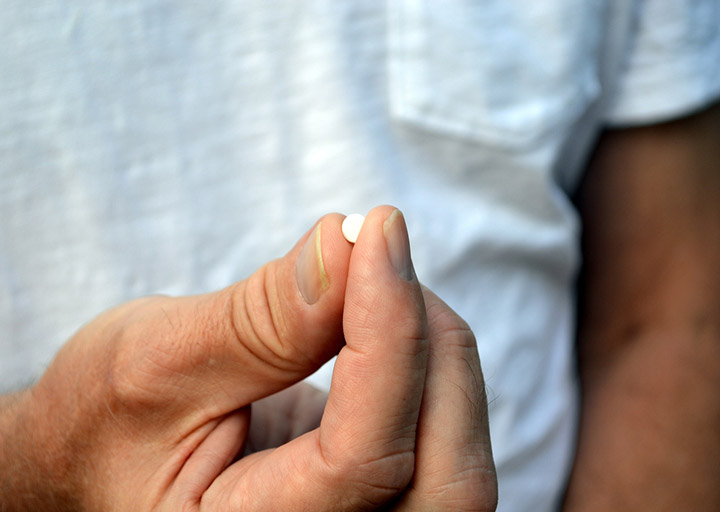When it comes to melatonin supplements, what you see is not always what you get. A recent study found that 22 out of 25 over-the-counter melatonin supplements were inaccurately labeled. Some supplements contained 74% of the listed amount, while others had 347% more melatonin than what was posted on the label.
Our bodies naturally produce melatonin in order to regulate our circadian rhythm and help us fall asleep, but about 27.4% of adults take melatonin supplements as a sleep aid. So what happens when you don’t consume the amount you intended? Let’s take a closer look.
How Much Melatonin Do You Need?
Because melatonin is not regulated by the U.S Food and Drug Administration (FDA), there aren’t strict guidelines about how much a person should consume. That said, most experts encourage adults to take between one and five milligrams 30 minutes before bed.
If you take more melatonin than you need, you’re at a higher risk of experiencing side effects such as:
- Nightmares and vivid dreams
- Dizziness
- Drowsiness
- Anxiety
- Nausea
- Abdominal cramps
- Short periods of depression
Read our full melatonin and sleep guide for more information about this popular over-the-counter (OTC) supplement.
What’s the Best Melatonin Supplement?
You can never tell exactly how much melatonin is in OTC supplements, so finding the right one can be tricky. For the best results, we recommend consulting a pharmacist. They will likely recommend products that are certified by third-party organizations like the U.S. Pharmacopeia.

Melatonin Alternatives
Though popular, melatonin isn’t the only supplement that can improve your sleep. Here are a few other sleep aids that may help. Please note: The following list should not be taken as medical advice. Consult your doctor before taking a new supplement.
- Magnesium correlates with our body’s natural production of melatonin, and some studies suggest it can help people get the sleep they need.
- Ashwagandha is a natural herb that can help lower cortisol, the stress hormone. It can be taken in supplement form, or you can drink it in a tea.
- Valerian Root, whether consumed in a tea, supplement, or oil, can help alleviate stress and help people sleep better. Like ashwagandha, it can take a few weeks for people to notice the full effect.
- Kava is another popular supplement that promotes relaxation and sleep. It’s made from the piper methysticum plant, and it can be ingested through teas, tinctures, and pills.
The Takeaway
Because the labels aren’t always correct, it can be difficult to know exactly how much melatonin you’re taking. Consuming more than five milligrams of melatonin before bed can increase the likelihood of negative side effects such as grogginess, cramps, and nausea. Discuss the options with your doctor before trying a new OTC sleep supplement.

